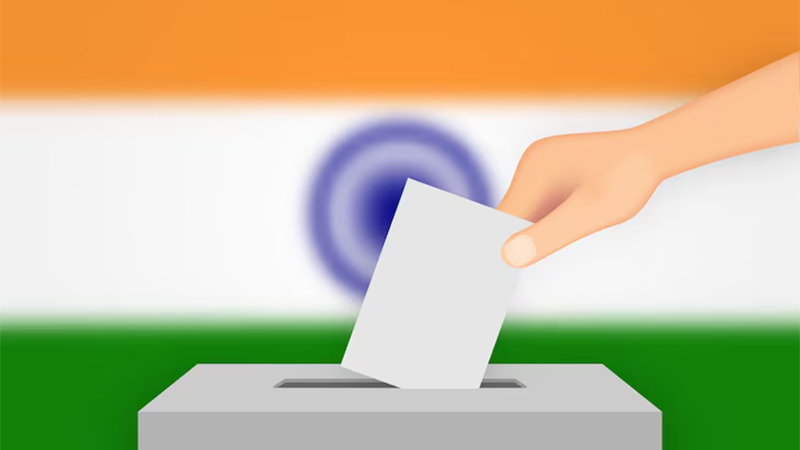India is all set to witness the dance of democracy as the Election Commission of India (ECI) today announced the dates for the 2024 General Elections. The Chief Election Commissioner Rajiv Kumar made the announcement for the dates for the upcoming Lok Sabha (Lower House of Indian Parliament) elections. The polls will be held in 7 phases, starting April 19 and ending on June 1. The results will be declared on June 4. Many have already pointed out that this is a very long stretch for the election process and should have been kept shorter.
Most political analysts are meanwhile betting on the Bharatiya Janata Party (BJP) winning again and Prime Minister Narendra Modi getting a consecutive third term as PM. The Opposition parties have managed to get together and form an INDIA coalition but the cracks have already started to appear. Not many political pundits are giving the Opposition much chance at winning the elections or even a significant number of seats.
There is also a great degree of interest in these elections by the Indian diaspora. Many Indians who currently live abroad either because of work or studies, can also participate in these elections. The rules are quite simple where the Non Resident Indian (NRI) have to register themselves (forms available on the ECI official website), show proof that they have not taken up citizenship of any other foreign country and also that they have a permanent residence in India, which is what is on their passports. The catch here is that the person has to be physically present in the polling booths to cast their vote. As of now, there is no system of postal voting or any other such provision for NRIs.
Also, a high-level committee on “One Nation, One Election”, led by former Indian President Ram Nath Kovind, submitted its report to Indian President Droupadi Murmu on March 14. The panel has recommended the holding of simultaneous elections for Lok Sabha (for the Central government) and state assemblies. This is to be followed by synchronised local body polls within 100 days. The panel has recommended several constitutional amendments, most of which will not require ratification by the states.
The 2024 elections will also see the ruling BJP not just push hard for another win at the Centre but also aim to get a number which brings it closer to getting a two thirds majority in the Indian Parliament. That is the reason why the BJP leaders have been pushing for getting seats close to 400. For many of the constitutional amendments needed to implement the “One Nation, One Election” model, a two-thirds majority would be needed by the BJP.
This is also the world’s largest exercise of democracy at play. In the last parliamentary polls, the BJP won 303 seats, while the Congress Party got 52 seats. The days from now on will likely witness pitched political battles, lots of mud-slinging and shrill television debates as parties woo the Indian voter in all ways possible. For many Indians, the vote will be on matters of livelihood and basic standards of living but for many nationalism and religious identity will also play in. While most believe it is the lotus (BJP Party symbol) that will bloom again in 2024, surprises are also always a part of Parliamentary democracy. So from now on, it’s wait and watch as Indian democracy begins its march to electing new representatives.


Leave a Reply